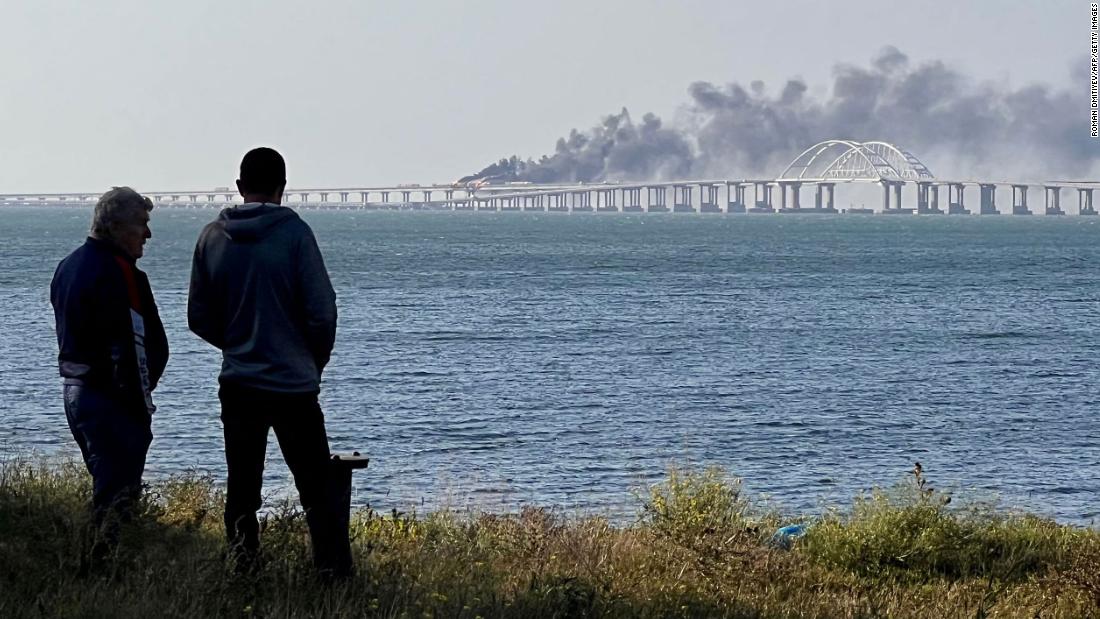Vadim says he plunged into depression last month after Russian President Vladimir Putin announced a military draft to send hundreds of thousands of conscripts to fight in Ukraine.
“I was silent,” the 28-year-old engineer says, explaining that he simply stopped talking while at work. “I was angry and afraid.”
When Russia’s invasion of Ukraine began in February, Vadim says he took to the streets of Moscow to protest — but Putin’s September 21 order to draft at least 300,000 men to fight felt like a point of no return.
“We don’t want this war,” Vadim says. “We can’t change something in our country, though we have tried.”
He decided he had only one option left. Several days after Putin’s draft order, he bid his grandmother a tearful farewell and left his home in Moscow — potentially forever.
Vadim and his friend Alexei traveled as fast as they could to Russia’s border with the former Soviet republic of Kazakhstan, where they waited in line for three days to cross.
“We ran away from Russia because we want to live,” Alexei says. “We are afraid that we can be sent to Ukraine.”
Both men asked not to be identified, to protect loved ones left behind in Russia.
Last week, in Kazakhstan’s commercial capital Almaty, they stood in line with more than 150 other recently-arrived Russians outside a government registration center — part of an exodus of draft dodgers.
Voting with their feet: More than 200,000 Russians have streamed into Kazakhstan following Putin’s conscription announcement, according to the Kazakh government.
And it isn’t hard to spot the new Russian arrivals at the main railway station in Almaty. Every hour, it seems, young Slavic men emerge from the train wearing backpacks, looking slightly dazed while consulting their phones for directions.
They arrive from cities across Russia: Yaroslavl, Togliati, St. Petersburg, Kazan. When asked why they have left they all say the same thing: mobilization.
“It’s not something I want to participate in,” says a 30-year old computer programmer named Sergei. He sat on a bench outside the train station with his wife, Irina. The couple, clutching backpacks and rolled up sleeping pads, said they hoped to travel on to Turkey and hopefully apply for Schengen visas to Europe.
Read the full story:
















Discussion about this post